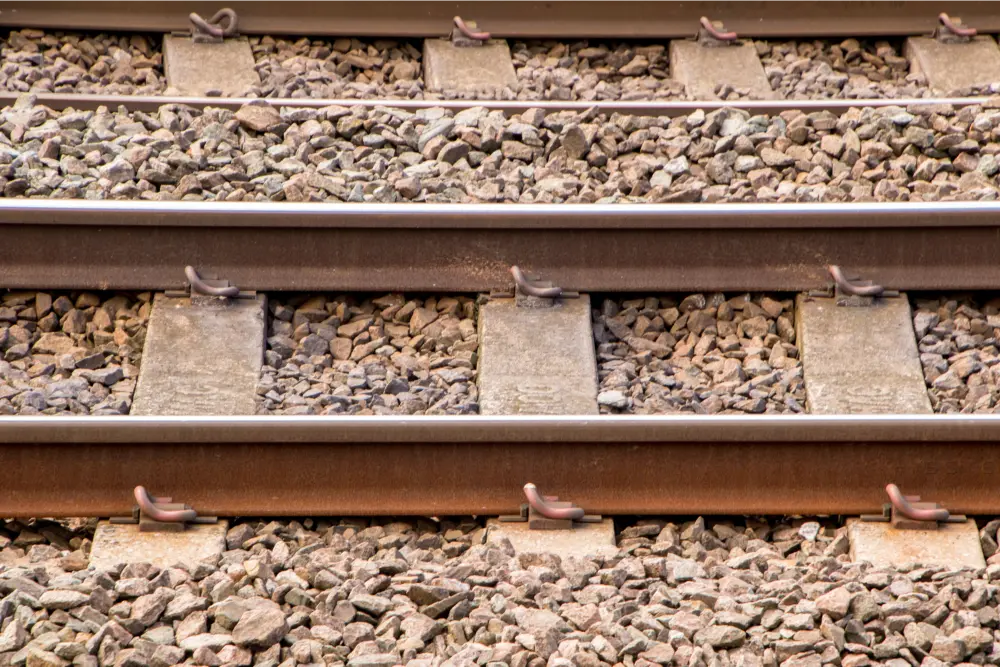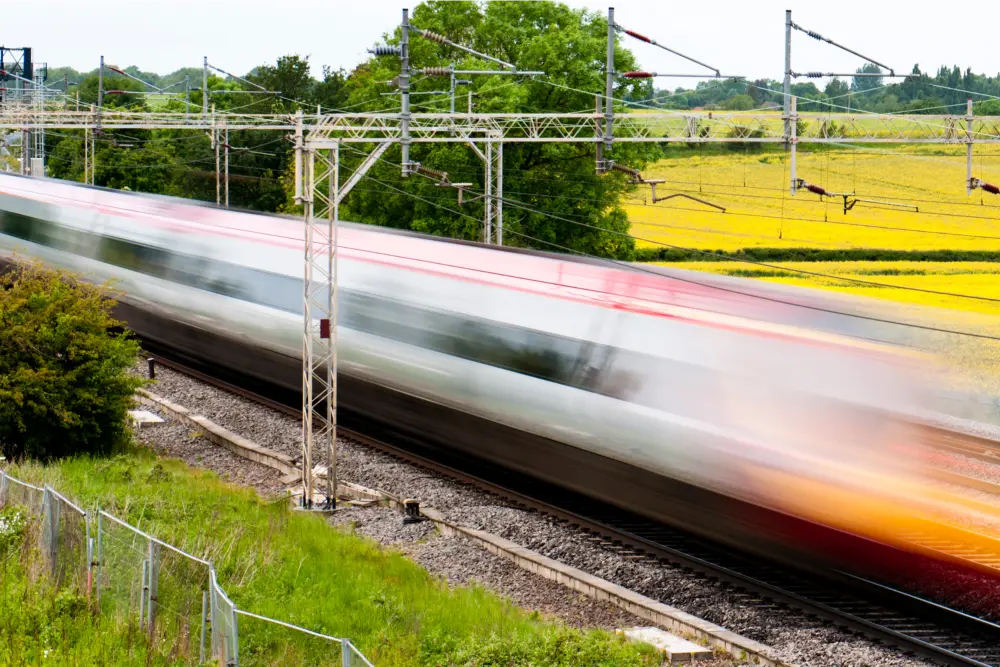HS2 Reassessment, Economic Uncertainty and the Future of UK Construction Infrastructure
The Unravelling of HS2, Partial Cancellation and Rising Concerns
The UK government’s decision to cancel the most valuable part of the HS2 route, connecting Leeds and Manchester, has sparked concerns about the feasibility of the construction project. What was once envisioned as a transformative high-speed rail system now faces uncertainty regarding its future.
The initial cost estimate of HS2 was 40 billion pounds, but it has since ballooned to a projected 130 to 140 billion pounds. The reasons behind this cost escalation are multi-faceted, including the UK’s population density, expensive land prices, and lack of expertise in tunnelling compared to countries like Spain and France.
Moreover, HS2 has faced criticism for being over-engineered and prioritizing high speeds over cost-effective solutions. The government’s habit of making design changes to suit local MPs’ demands, coupled with the absence of a coherent national strategy, has also contributed to the project’s increasing costs.
Cost Escalations and Comparisons, Why is HS2 So Expensive?
Let’s take a closer look at the factors that have led to the staggering costs of HS2. The UK’s population density plays a significant role in driving up land prices and construction expenses. In contrast, countries like Spain and France have benefited from lower land prices and greater tunnelling expertise, reducing the overall costs of their high-speed rail projects.

Furthermore, HS2’s over-engineering has contributed to its astronomical budget. The focus on eye-catching speeds has led to excessive investments in infrastructure, including elaborate bridges and tunnels. While these grand features may capture attention, they have added significant costs to the project without yielding proportionate benefits.
The Fallout from HS2’s Cancellation, Eroding Trust and Future Implications
The partial cancellation of HS2 has implications beyond just the immediate project. It has eroded the trust of contractors and investors in future infrastructure projects. The uncertainty surrounding HS2’s future may deter potential contractors from bidding on other critical projects.
Moreover, the cancellation raises doubts about the UK’s ability to effectively plan and execute infrastructure projects. It highlights the need for a coherent national strategy and a stronger focus on cost-benefit analysis. As the UK seeks to rebuild its economy in the aftermath of the pandemic, reliable infrastructure projects are crucial for stimulating growth and creating jobs.
The Narrowing Benefits, Assessing the Value of the Truncated HS2
With the cancellation of the Leeds to Manchester section, the HS2 project has been significantly curtailed. The value proposition of the truncated HS2, which now spans from Birmingham to London, is highly debated.
The net benefit-to-cost ratio of HS2 has been steadily declining since its inception. The truncated version of HS2 is seen as offering minimal benefits for its exorbitant cost. This raises questions about the project’s viability and whether it will truly provide the economic and social benefits initially promised.

Lessons Learned, How the UK Can Refine the Planning and Execution of Infrastructure
The challenges faced by HS2 present an opportunity for the UK to refine its approach to infrastructure planning and execution. Reforms in the planning and regulatory system, along with a focus on training skilled engineers, are crucial for delivering cost-effective and successful infrastructure projects.

The cancellation of HS2 highlights the need to reevaluate priorities and find more sustainable and efficient solutions. By learning from the mistakes and challenges faced by HS2, the UK can pave the way for a brighter future in construction infrastructure development.
The partial cancellation of HS2 raises concerns about the feasibility and cost-effectiveness of this controversial rail project. The rising costs, over-engineering, and lack of a coherent national strategy have contributed to the project’s uncertain future. The UK must learn from these challenges and take proactive steps towards refining its approach to infrastructure planning and execution. By doing so, the UK can build a stronger and more resilient foundation for its future economic growth and development.
Drawing from our own experience as a Matrix Structures manufacturer and turnkey provider of superstructures for housing and commercial buildings, we understand the challenges associated with unnecessary costs and delays in project implementation. With our expertise in constructing high-quality structures, we have developed a comprehensive understanding of the importance of aligning projects with specific needs and objectives. Our track record in delivering successful projects underscores our commitment to cost-effectiveness and efficient execution. By leveraging our expertise and focusing on tailored solutions, such as our construction housing solution, we can help businesses avoid unnecessary expenses and streamline the construction process, ultimately contributing to their overall success.






